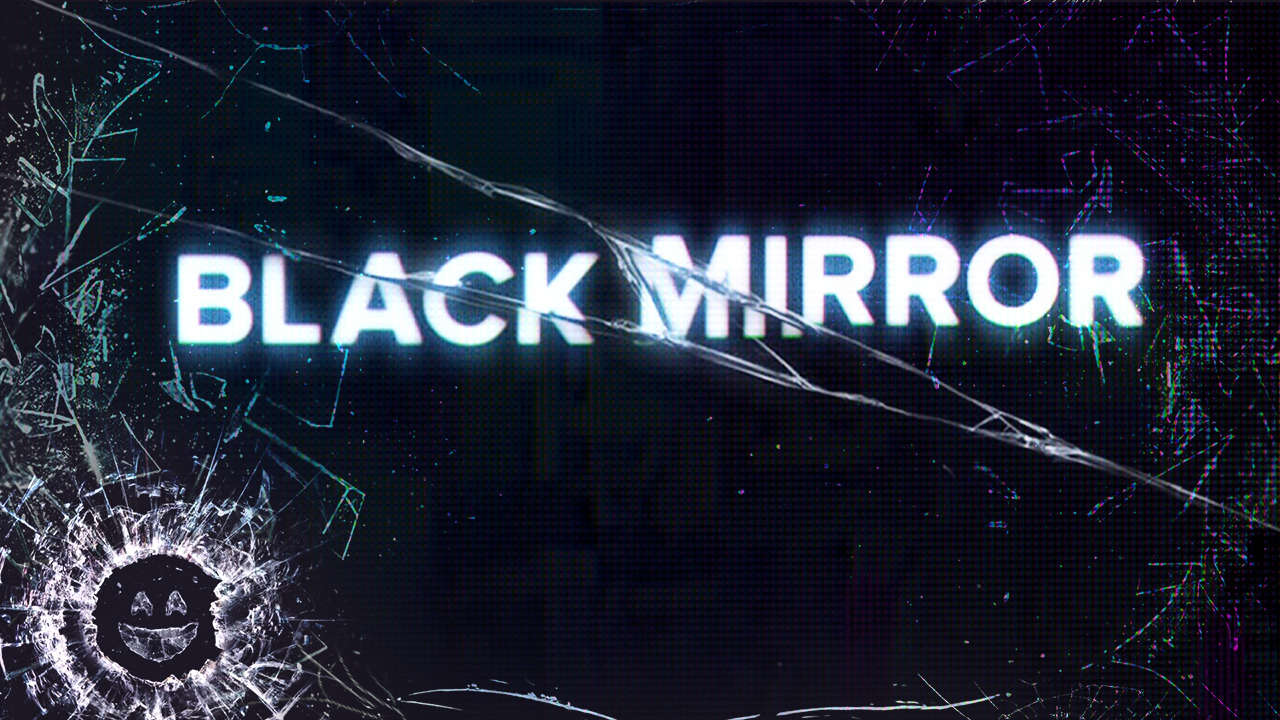This review contains spoilers for several episodes of Black Mirror
Did you know that technology is bad? Black Mirror creator Charlie Brooker wants you to know that it is! His critically acclaimed and fan-beloved anthology series Black Mirror—because the black screens of our smartphones are really mirrors, you see—manages to be both over-the-top and eye-rollingly obvious in its continued demonization of technology. The show’s fifth season premiered recently on Netflix, and its mediocrity makes the case that the show has mostly been too surface-level to really explore the implications of technology in an interesting or novel way.
Nearly every time I have watched Black Mirror, I immediately wish I had not watched it. It’s like fast food in that way—it might taste ok while you’re eating it, but after you finish eating, you start to feel sick and may regret that particular life choice.
https://www.youtube.com/watch?v=2bVik34nWws
Black Mirror’s fifth season is beset with failure in pacing and overall writing. The first episode, “Striking Vipers,” follows two longtime friends, portrayed by Anthony Mackie and Yahya Abdul-Mateen II, who are into videogames—more specifically, a Tekken-style fighting game called Striking Vipers. The game’s most recent update allows players to “feel every sensation” during gameplay, and this somehow leads the two friends to have sex with each other in-game. Does that mean that the two men are bisexual? Do their continued trysts in the game mean that they are having an emotional affair of some kind? What sort of comment is Brooker trying to make about sexuality? None of these questions are explored in much depth—the episode’s glacial pacing and painfully bad dialogue mostly focuses on Anthony Mackie’s character’s crisis of confidence once he realizes that having sex with his friend in game is the best sex that he has ever had. “Striking Vipers” brings up fascinating questions that it is not equipped to explore, and it seems like a missed opportunity, particularly with the quality of the acting from the two leads and Nicole Beharie, who portrays Mackie’s character’s wife.
“Smithereens,” the second episode, is not much better in terms of its pacing. An otherwise compelling lead performance from Andrew Scott (of Sherlock and, more recently, season two of Fleabag) gets bogged down in the episode’s pacing and middling writing—does this tale of a rideshare driver who kidnaps a tech company employee need to be a police procedural, a sad character sketch, and a tech thriller all at the same time? No, it does not. Any urgency plot-wise gets dragged down by the episode’s hourlong runtime, which could have been cut by 10-15 minutes in order to maintain the suspense; by the time the episode’s climax arrives (about 12 minutes from its end!), I was too bored to care. “Smithereens” may be the world’s longest “don’t use your phone while driving” PSA, and is not a very effective one at that.
Then there’s “Rachel, Jack and Ashley Too,” the third episode, which was at least somewhat entertaining—and is anchored by a pretty decent performance by Miley Cyrus, who plays pop star Ashley O and her adorable robot counterpart, Ashley Too. Lonely teenager Rachel, an Ashley O fangirl, receives an Ashley Too bot for her birthday, and quickly starts to treat the diminutive bot as her only friend—something that troubles her sister Jack (a deliciously sarcastic Madison Davenport, who deserves credit for bringing a dash of nuance to a character that could have been very one-note). Pop star Ashley O’s life isn’t so glamorous, however, as the episode simultaneously follows her struggles with her controlling aunt/business manager. Thankfully, this episode departs a bit from Brooker’s tiresome technology is bad message, as the Ashley Too bot helps save the day. There are some humorous moments in the episode, which help bring a bit of levity to it; even though its pacing suffers because of the episode’s length, I did enjoy parts of this episode. I did not enjoy the revamped Nine Inch Nails songs that Miley sings in character as Ashley O; if you did, there is a t-shirt that you can buy.
The two Black Mirror episodes that actually work are from other seasons of the show—season three’s “San Junipero” and season four’s “U.S.S. Callister”—deserve a mention only because they inadvertently reveal the many shortcomings of the show’s other seasons. While “San Junipero” has horrendous implications when it comes to disability and terminal illness (which I cannot expand upon here, since that would be another article altogether), the love story between the two leads, played by MacKenzie Davis and Gugu Mbatha-Raw, is for the most part well-written and moving. “U.S.S. Callister” is not only an on-the-nose Star Trek sendup, but a pretty solid exploration of white dude entitlement. If you absolutely have to watch Black Mirror to see what all the hype is about, I would recommend watching those two episodes and stopping after that.
Otherwise, I would recommend avoiding this show and instead listening to the superior 2007 Arcade Fire song of the same name.

